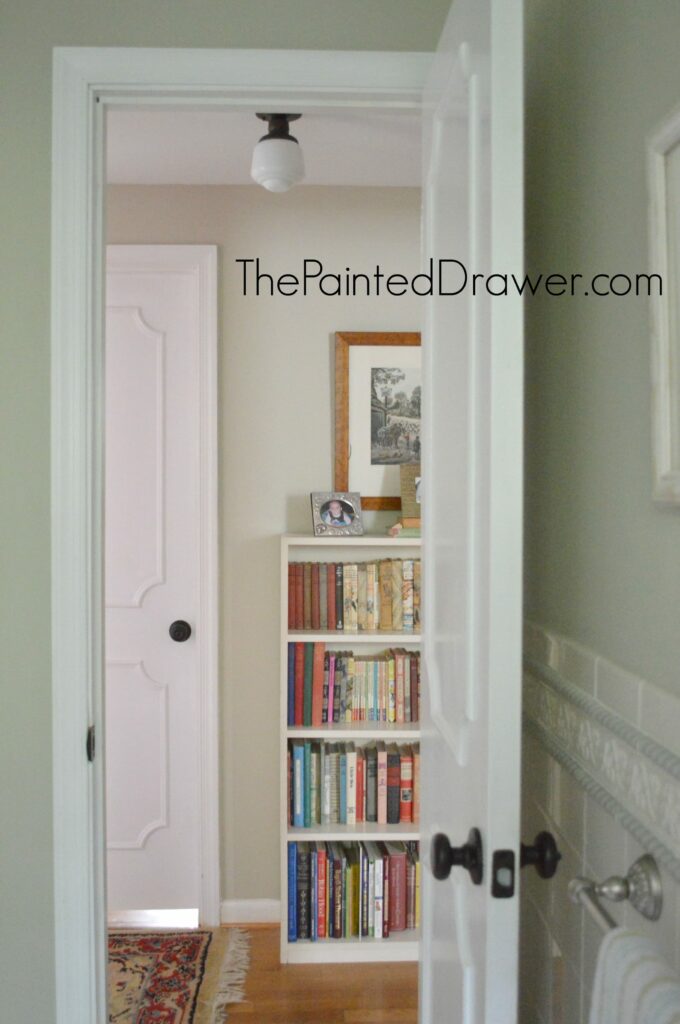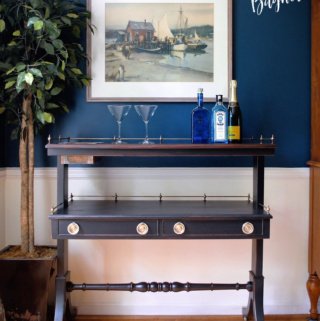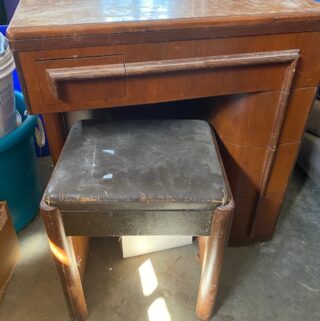Disasters can strike at any time, and they can be catastrophic when they do. The most important thing to remember is to prepare for the worst and hope for the best. Preparing your home is one of the most important steps you can take to ensure you and your family are safe during a disaster. Here is some basic information on how to get your home ready for an emergency.
Prepare your home
When a disaster strikes, people may not have food or water. That’s why it’s essential to have an emergency kit on hand that includes food, water, medicine, and other essentials. It may also be wise to invest in a generator for your home. In the event of a power outage, you’ll still have power for your TV and computers. An emergency battery-powered radio is also a good idea if you experience an extended power outage. It’s also important to review evacuation plans with your family. Determine if your home is safe from flooding or landslides and if it would be best to abandon the property altogether in the event of a natural disaster. An emergency plan will help keep everyone calm and know what steps they need to take to be safe at all times.
Keep valuables safe
One of the most important steps in preparing your home for a disaster is to keep valuable items safe. Often, when people clean out their closets or basement, they find things that they forgot they had. You never know when you might need these items again. So, instead of putting them in storage, store them in an emergency kit. An emergency kit can be anything from a small container with a lock and key to a large box with multiple locks and keys for different family members to use. Just make sure the emergency kit is sturdy and waterproof so it will be able to protect your valuables during a storm or flood.
Make a plan
Put together a disaster plan for your family. Talk to all your loved ones about what they will need to bring when an emergency occurs. Make sure everyone knows where the emergency kit is, what to do if they are in an evacuation zone, and how many days the equipment will last, depending on how many people are in the family.
Make a list of emergency contact numbers.
Locating phone numbers for family, friends, and other loved ones is a crucial step to take before a disaster. Keep these numbers in your home to be easily accessible during an emergency.
- Family members’ phone numbers
- An emergency contact number for your house (if you can’t contact someone else)
- Local police number
- Local fire department number
Also, keep a list handy for local contractors who cna assist oyu in repairing any damage your home might sustain—general contractors, a basement flood restoration company, electrician, plumbers, and so on.
Keep an emergency kit stocked.
You should keep an emergency kit stocked with supplies, such as food and water, medications, a first-aid kit, flashlights, and batteries. Consider buying a weather radio and storing it with your emergency kit. You should also save essential documents like birth certificates, passports, and insurance policies that might need to be used immediately.
Stay informed.
When preparing your home for a natural disaster, the first thing you should do is to stay informed about what to expect. You may want to sign up for the national emergency alert system, so you will receive alerts in your area before it’s too late. The warnings will tell you if there is a heightened risk of a natural disaster in your area and include information about preparing for it.
Please note that some of the links above and below are affiliate links, and at no additional cost to you. All opinions are my own.








